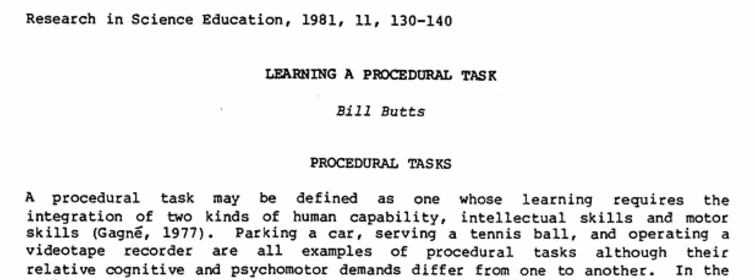Almost all the existing answers have a negative connotation, and imply the non-creative tasks are unskilled or aren't respect-worthy.
This doesn't suit many highly skilled non-creative tasks, from bricklaying (in the asker's example, a highly skilled trade) to landing a plane or anaesthetising a patient. Here's an answer that works for non-creative tasks of all skill levels.
Procedural tasks
Example from Indiana University content:
A procedural task involves performing a procedure, which is a sequence of activities to achieve a goal.
The difference between creative, procedural and declarative aptitudes and knowledge is quite an important one in education research and applied psychology. Here's an example:

These are tasks that use "how-to" procedural knowledge:
Procedural knowledge, also known as imperative knowledge, is the knowledge exercised in the performance of some task
...which isn't limited to "grunt work", but also includes things like, for example, performing the core procedures involved in a certain type of surgery correctly each time. Much like the asker's example sentence, much education research around learning procedural skills does emphasise the importance of repetition and focussed effort, for example in the context of medical training:
Evaluating clinical simulations for learning procedural skills... (1) Simulations should allow for sustained, deliberate practice within a safe environment, ensuring that recently-acquired skills are consolidated...

